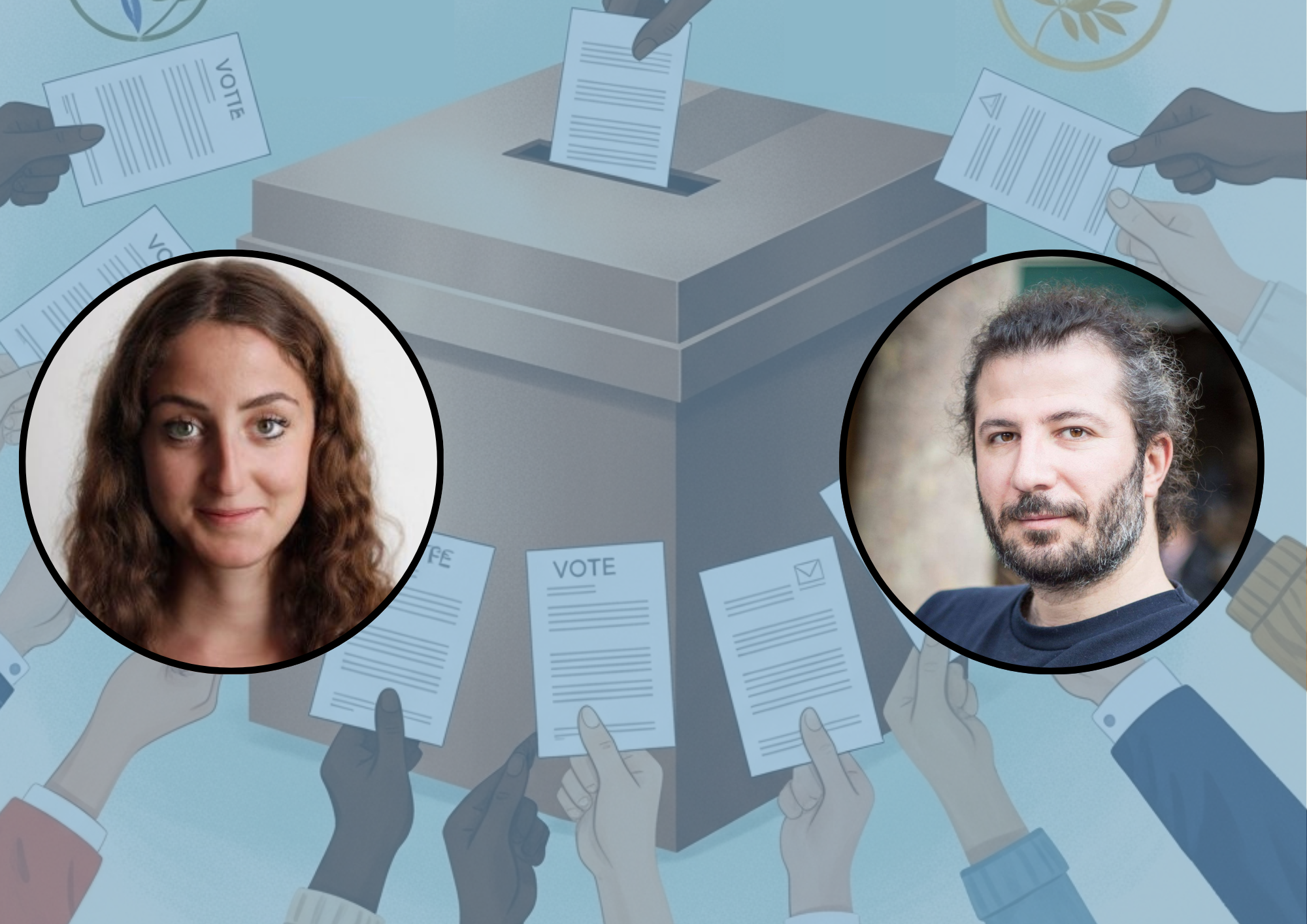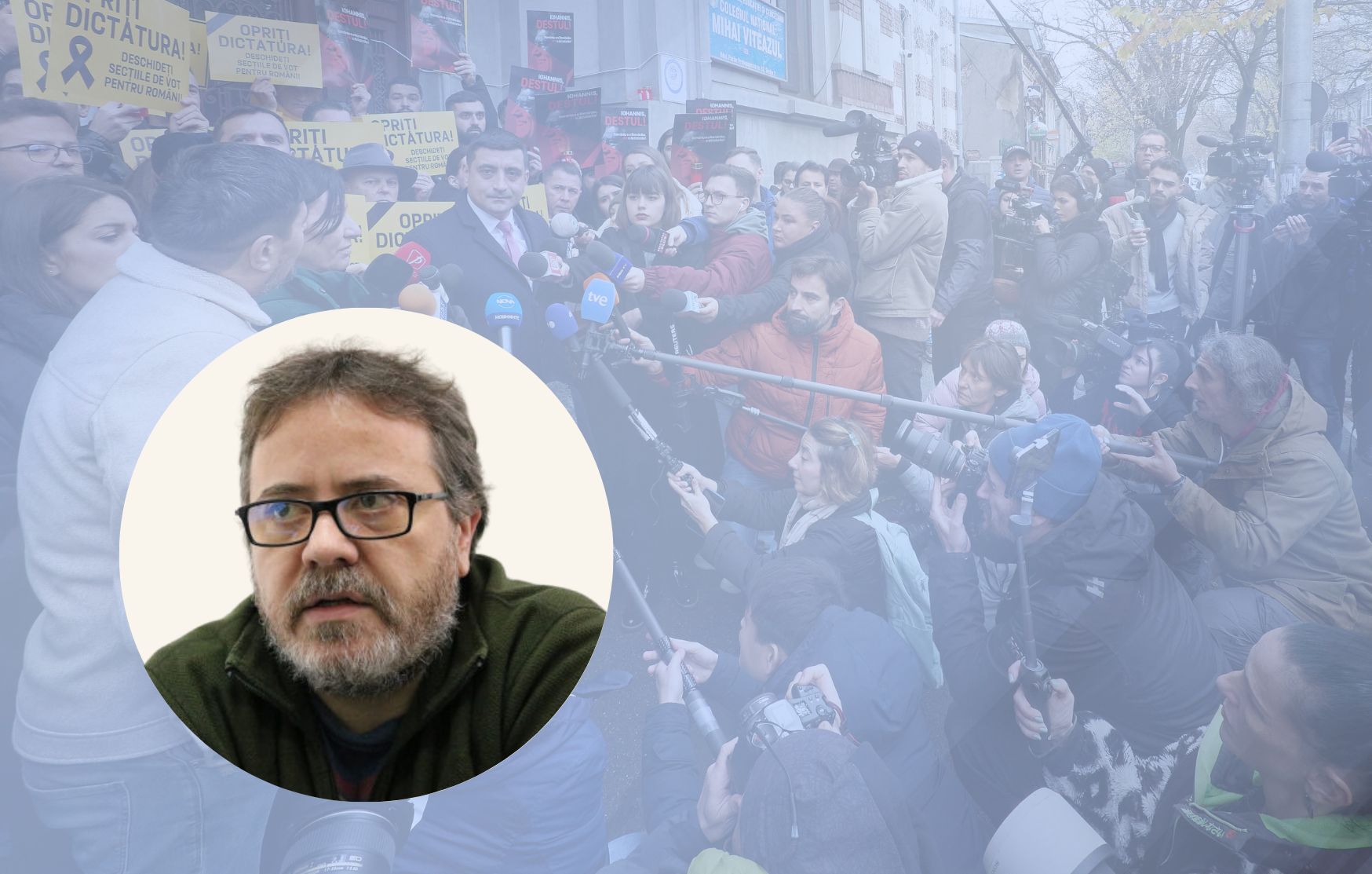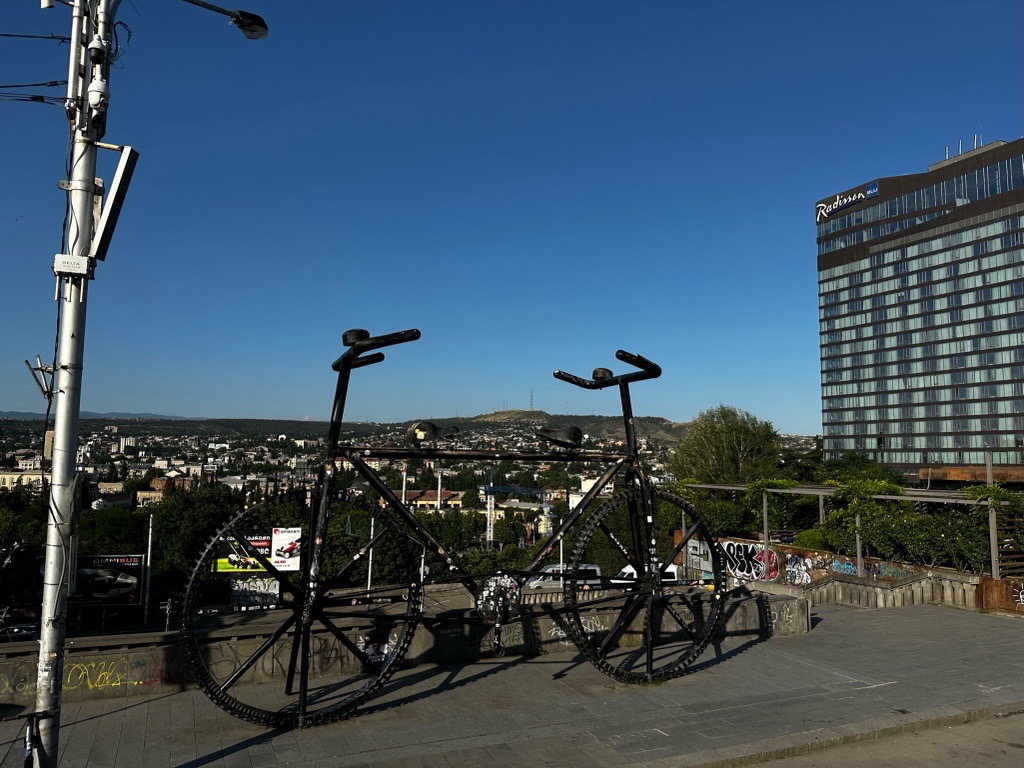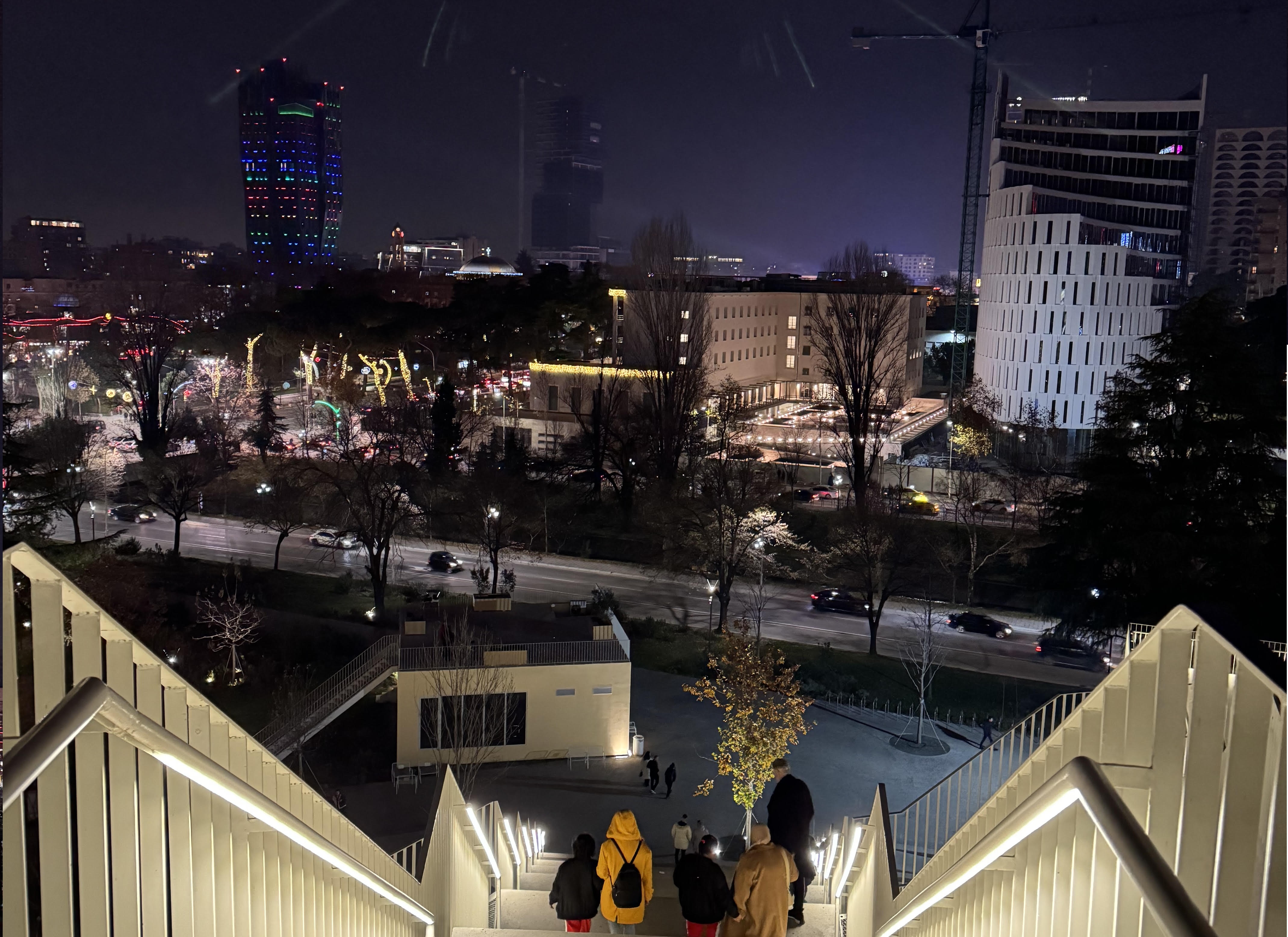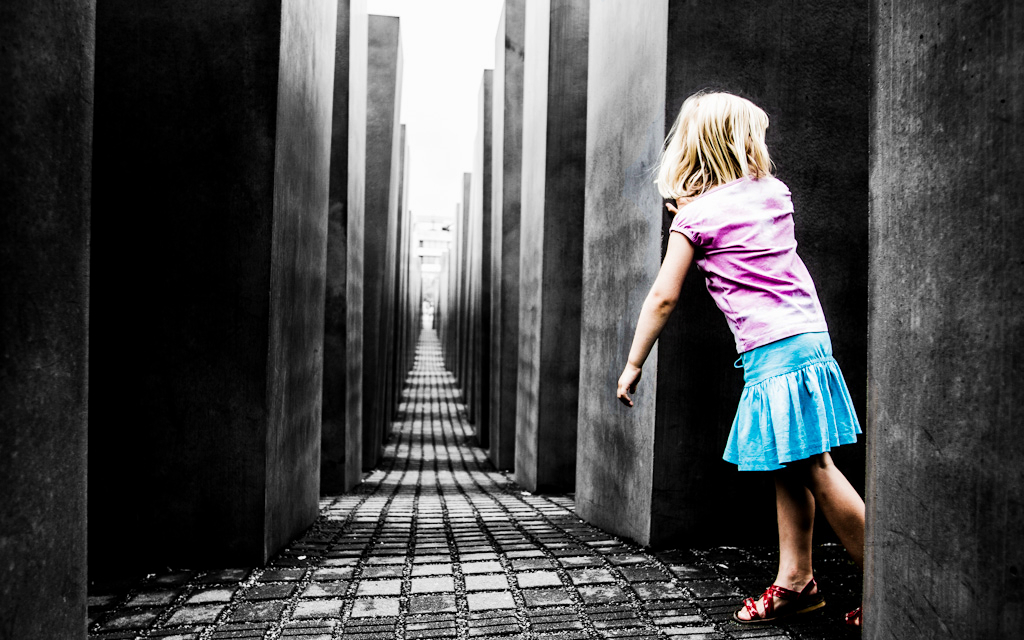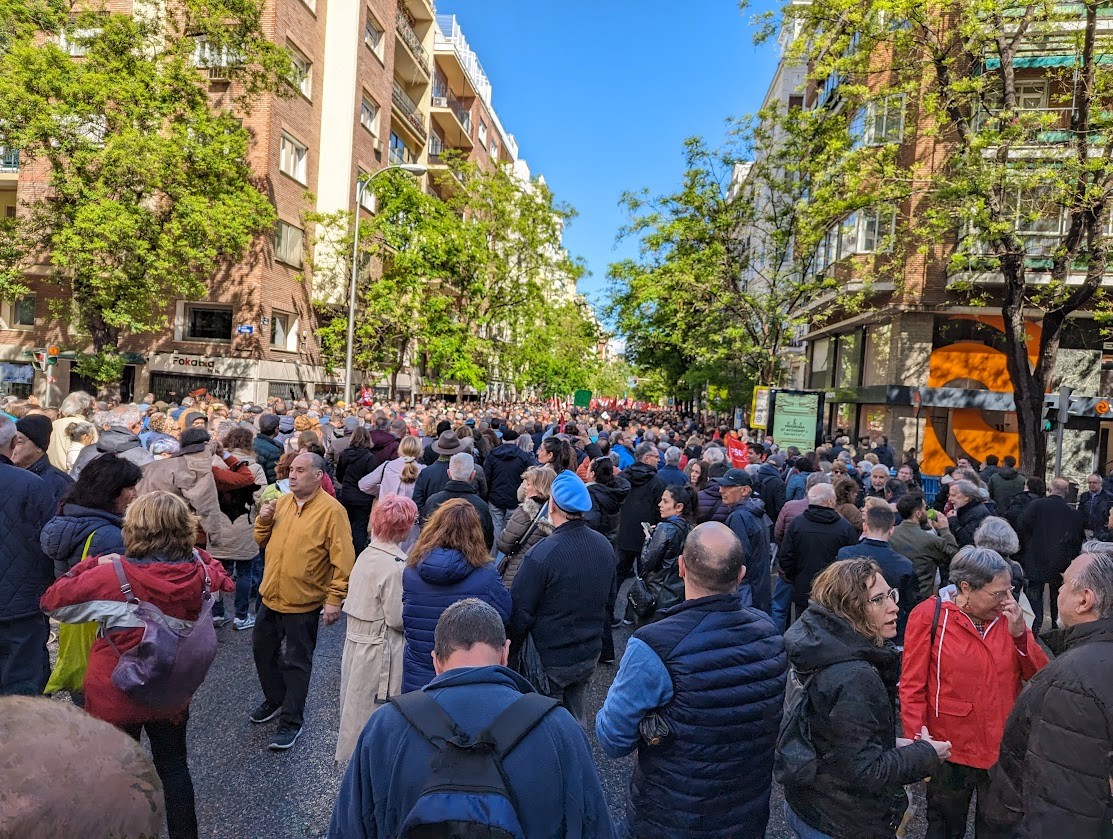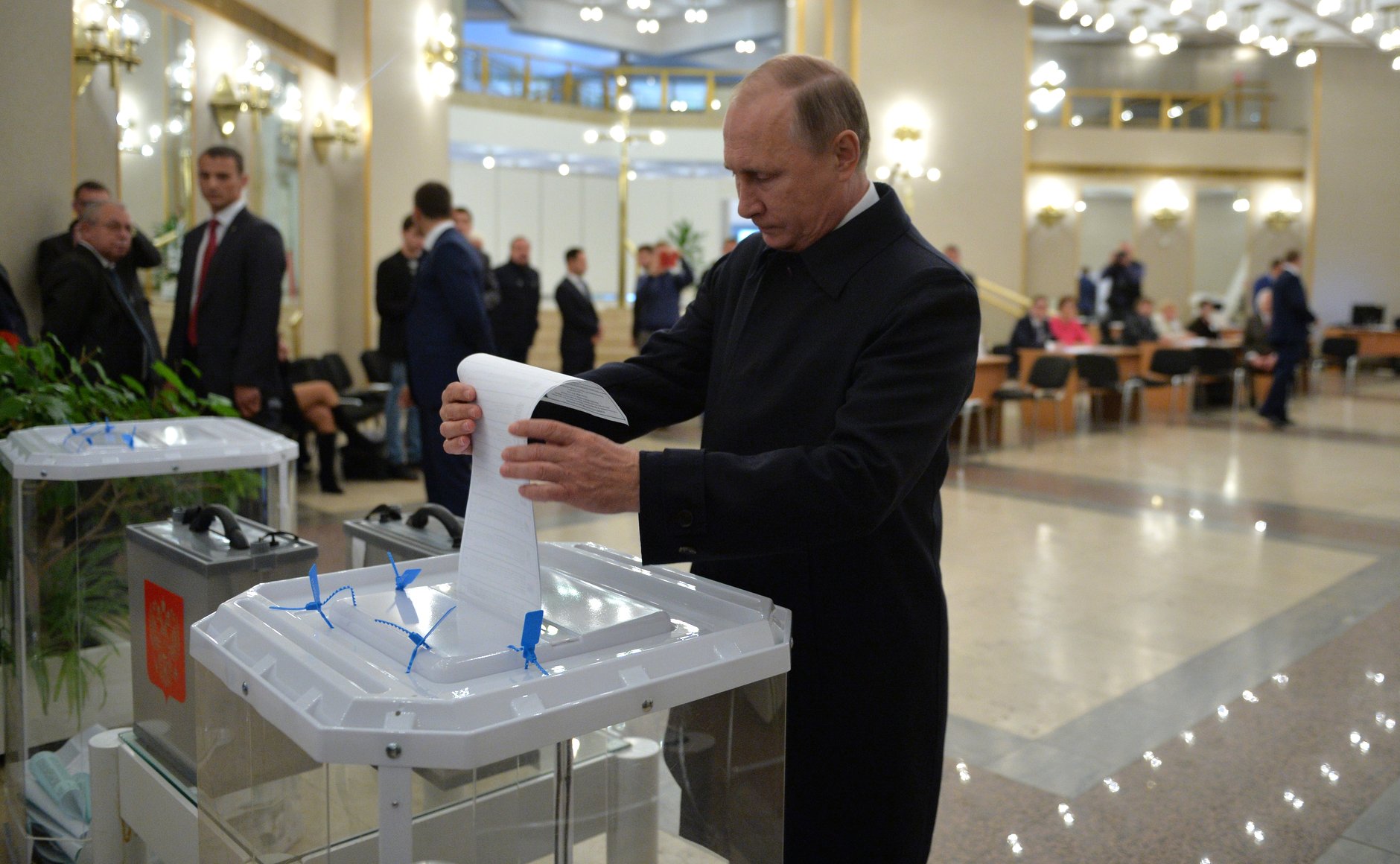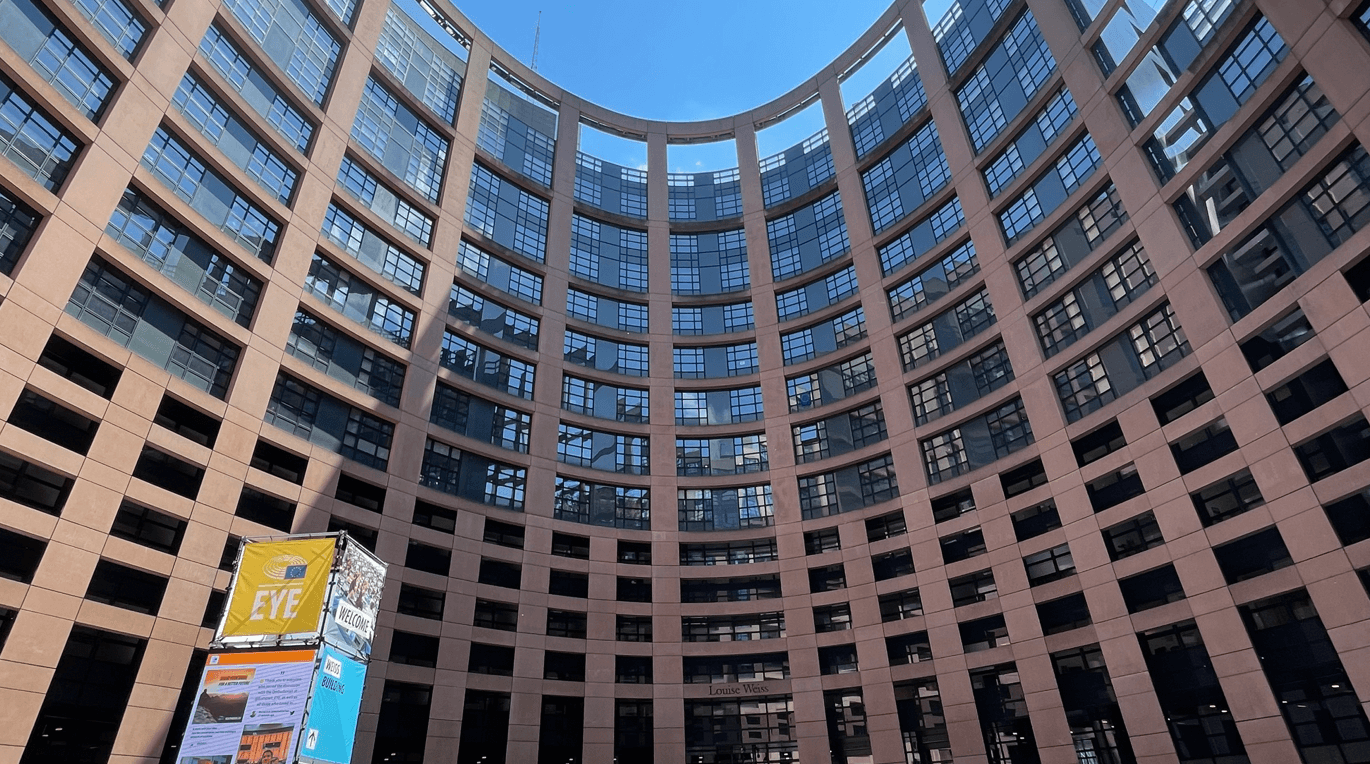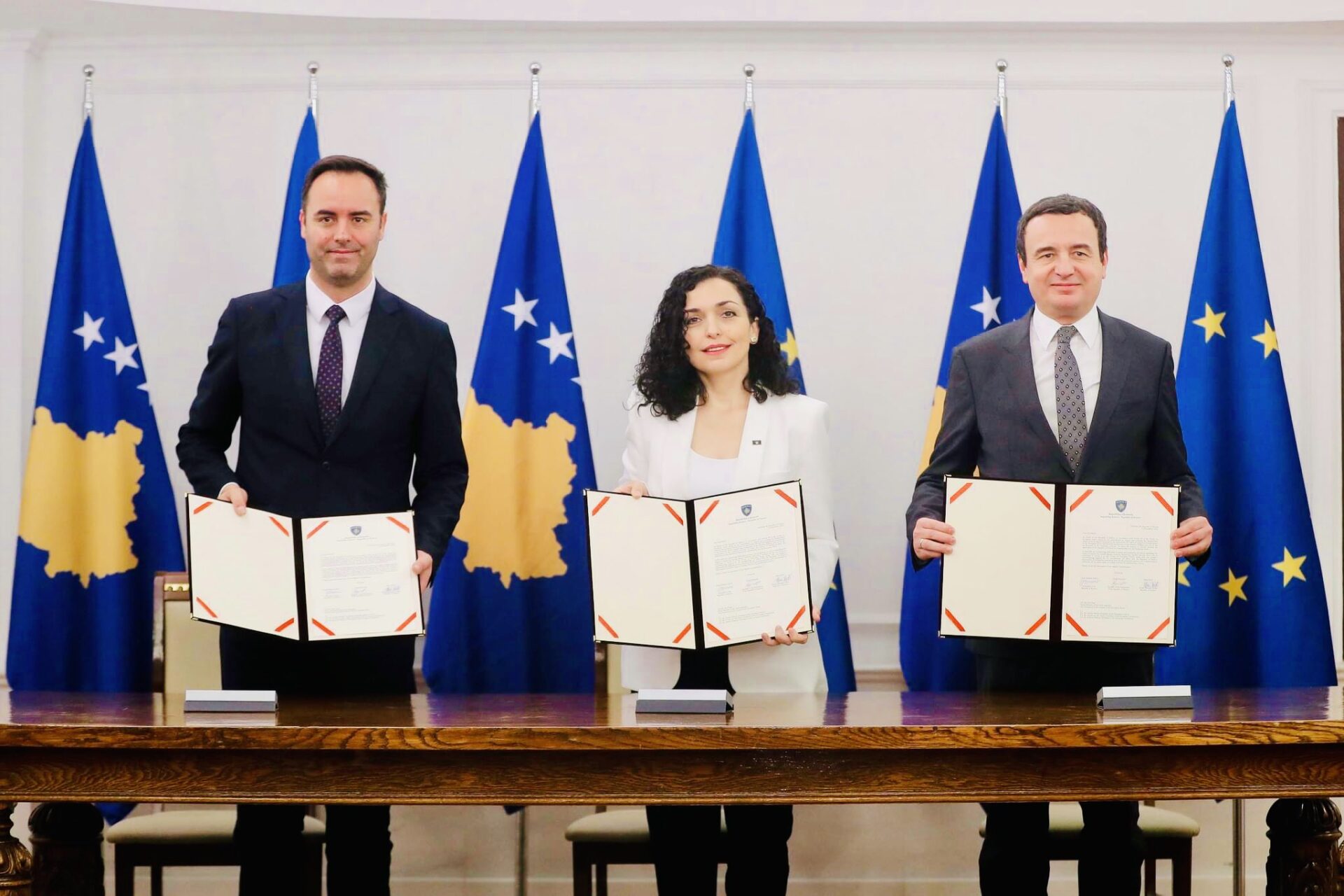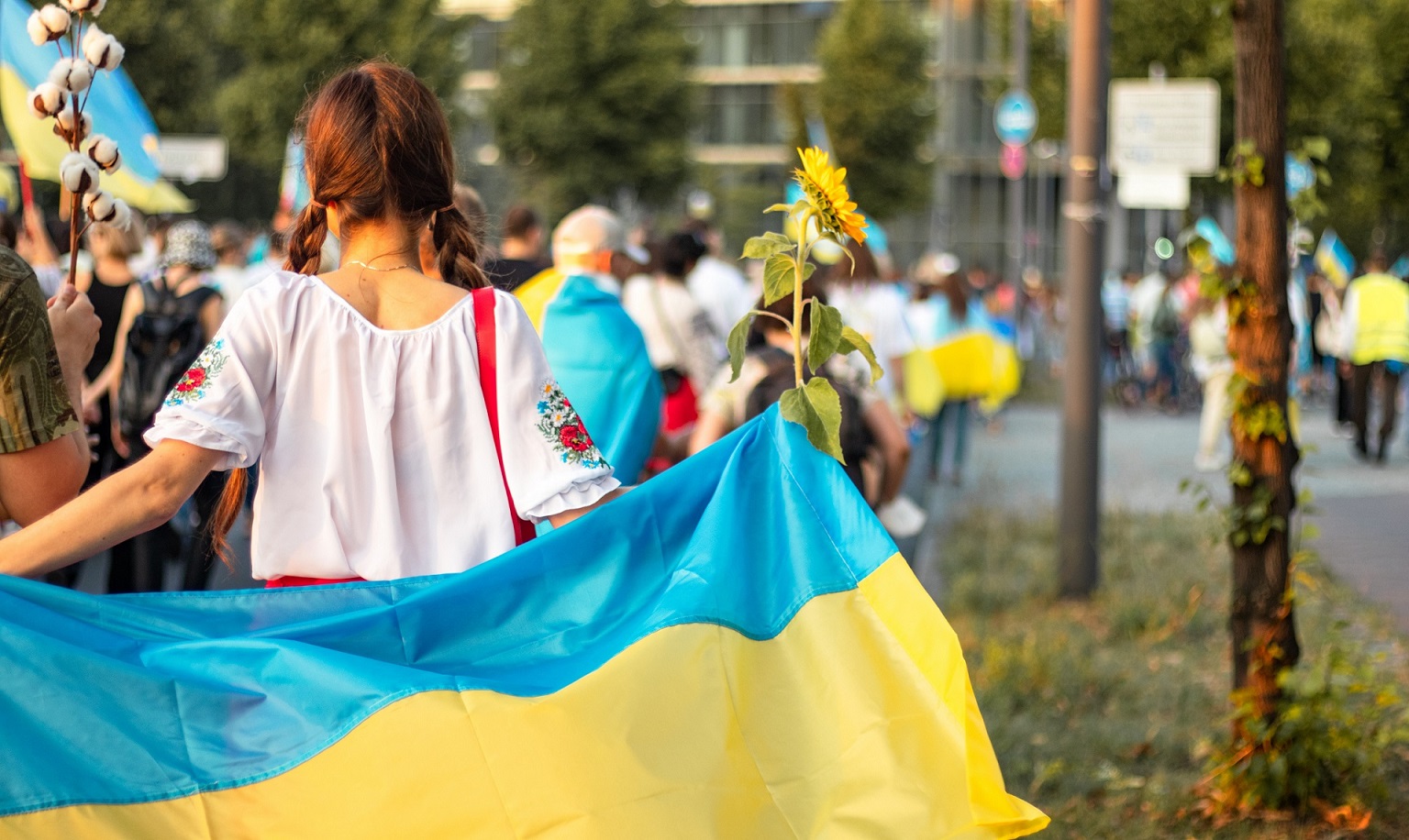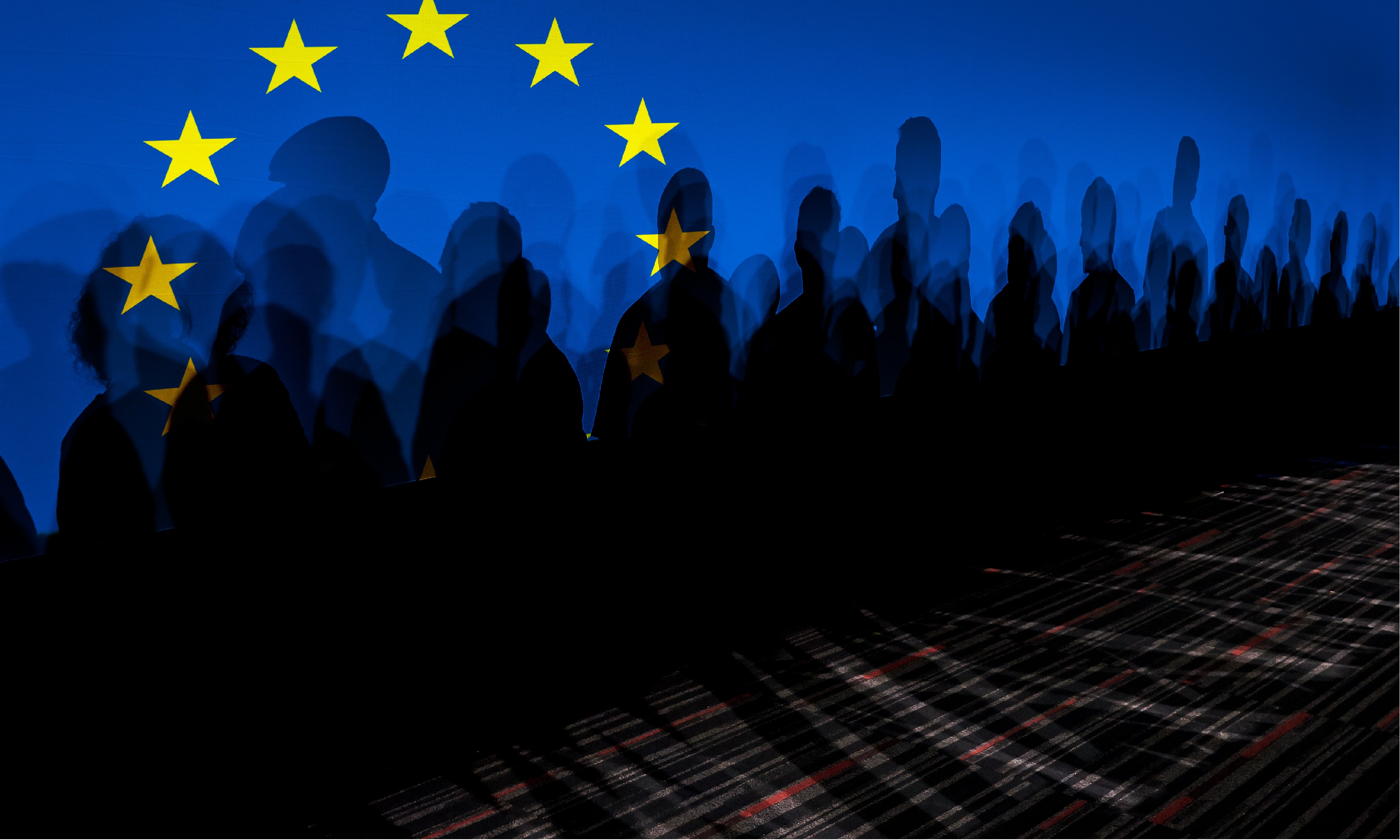Europe
Over the past six months, developments in Europe were characterized by reforms aimed at promoting more inclusive electoral processes, rising concerns about insecurity, and constraints on freedom of expression, particularly regarding support for LGBTQIA+ rights. There were seven elections during this period.
Emerging patterns
Representation
Over the past six months, several elections have reflected deepening political polarization. In Romania and Poland, presidential races were decided by narrow margins between candidates offering profoundly different visions. In Poland, the leading candidates widely diverged on matters including abortion rights and the rule of law, with policy debates laced with concerns about the politicization of public institutions. Romania’s election followed a turbulent period that included an annulled election, court challenges, and widespread dis- and misinformation that strained perceptions of institutional legitimacy and electoral integrity. In Albania, international observers noted that the parliamentary election was characterized by polarizing discourse, particularly between the two main political parties.
Elsewhere, there were concerns about the fairness of political competition. In Bosnia and Herzegovina’s Republika Srpska entity, the suspension of public funding for political parties and the arrest of the former leader of the largest opposition party signal continuing erosion of political pluralism. In Georgia, the ruling party intensified pressure on its opponents by expanding the legal grounds for party bans and detaining opposition leaders.
On a positive note, several countries have introduced measures to broaden participation and improve ballot access. Cyprus introduced major reforms, including lowering the voting age to 17, introducing automatic voter registration, and enhancing accessibility measures for people with disabilities. Moldova’s parliament adopted a law expanding access to postal voting for citizens abroad.
Rights
The category of Rights was the most impacted during this period. Several events touching upon migration raised complex questions about citizenship and equality. Ukraine introduced a dual citizenship law that will allow Ukrainians to gain an additional citizenship without losing their Ukrainian nationality, and simplifies the process for Ukrainians born abroad to gain citizenship. However, in France the Constitutional Council upheld legislation restricting access to French nationality for children born to foreign parents in the overseas department of Mayotte. In Russia, the government launched a registry of migrants deemed to be living in the country illegally, restricting their ability to relocate, own property, and access financial services. The registry is estimated to cover one in nine foreign citizens, though reports indicate many have been included by mistake or without cause.
Alongside these developments, challenges to freedom of expression and association have intensified. In Azerbaijan, authorities cracked down on protesters, detaining over 100 people and reportedly torturing those involved and those who posted comments critical of police on social media. In Hungary, Parliament approved a ban on Pride events and introduced fines for publicly supporting LGBTQIA+ events and rights. In Russia, police raided the country’s largest publishing house as part of an investigation into the alleged dissemination of ‘LGBT propaganda’.
However, in Poland, the Supreme Court simplified the procedure for legal gender recognition by lifting family litigation requirements. In Lithuania, the Constitutional Court ruled that excluding same-sex couples from the civil code is unconstitutional and required Parliament to adopt legislation regulating the procedure for the registration of civil partnerships. At the same time, UN human rights experts warned that a Supreme Court judgment in the United Kingdom clarifying the interpretation of the Equality Act could justify exclusionary policies.
Rule of Law
Personal Integrity and Security emerged as the most impacted factor of Rule of Law in Europe during this period. Positive developments included stronger protections against gender-based violence. Norway’s Parliament criminalized sex without consent, and stronger protections for victims of domestic violence were introduced in Bosnia and Herzegovina.
Austria, Montenegro and Sweden were shaken by unprecedented mass shootings. A deadly fire in a nightclub in North Macedonia killed at least 59 people and injured over 150, sparking outrage over systemic failures linked to corruption, negligence and impunity.
The vertical and horizontal division of power within governments has also been contested. Bosnia and Herzegovina faced increasing political instability as the Republika Srpska entity rejected the authority of central government institutions following the RS president’s conviction for undermining central authority. In Montenegro, the Parliament’s termination of a Constitutional Court judge sparked a political crisis and exposed weaknesses in the separation of powers.
Participation
Protests have demonstrated remarkable citizen engagement. In Serbia, student-led protests against corruption following the deadly canopy collapse at Novi Sad train station became some of the largest in the country’s history. In Slovakia, large crowds called for Prime Minister Robert Fico’s resignation, criticizing his actions as undermining political institutions. Nationwide demonstrations in Spain, organized by tenants’ unions, neighbourhood associations and other civil society organizations, denounced a lack of affordable housing. In Türkiye, the March arrest of opposition politician Ekrem Imamoğlu sparked the largest protests the country had seen in over a decade.
However, foreign agent laws have constrained civil society. In Georgia, Parliament passed legislation requiring organizations or individuals deemed to be acting at the direction of a foreign power (including through receiving a grant) to register with the government. In Bosnia and Herzegovina, the National Assembly of Republika Srpska approved legislation requiring NGOs receiving foreign funding to register and comply with strict reporting. Slovakia’s Parliament passed legislation introducing stricter requirements for NGOs to disclose their sources of funding. In Azerbaijan, leaders of civil society organizations faced charges of illegally implementing foreign-funded grant projects.
Given challenges to civil society across the continent, often justified as efforts to address foreign interference, it will be important to closely monitor Hungary’s ‘transparency’ bill, approved by the Justice Committee in May. The legislation would grant the Sovereignty Protection Office powers to investigate and blacklist organizations receiving foreign funding without prior government approval.
Additionally, litigation in Germany concerning the classification of the Alternative for Germany (AfD) party as ‘right-wing extremist’ will set the boundaries of political competition. It will be important to observe the balance between forestalling threats to minorities and protecting the space for political competition and expression.
Efforts to strengthen public trust in institutions should be watched closely, including Welsh government proposals to curb the spread of misinformation by candidates and elected officials, as they seek to promote accountability while balancing freedom of expression.
Factors of Democratic Performance
Scores represent regional averages in 2024.
*Data represents an average of the entire region
Number of events reported
See the most frequently impacted categories of democratic performance over the last six months
Most impacted factors of democracy
| Political Equality |
|
32x |
| Civil Liberties |
|
18x |
| Predictable Enforcement |
|
17x |
Critical Events
- Finland - June 2025 | Sámi Parliament welcomes long-awaited reforms
- Bosnia and Herzegovina - May 2025 | Court issues landmark conviction for genocide denial
- Georgia - April 2025 | Series of laws close civic and media space
- North Macedonia - March 2025 | Deadly Kočani nightclub fire sparks outrage over alleged systemic failures
- Azerbaijan - February 2025 | End of an era as Azerbaijan shuts out foreign media
- Serbia - January 2025 | Protests, road blockades and strikes against corruption; PM resigns
Specially Tagged Events
Democracy Notes
Archive
See past regional pages or use the archive to design a customized search to find exactly what you are looking for.

